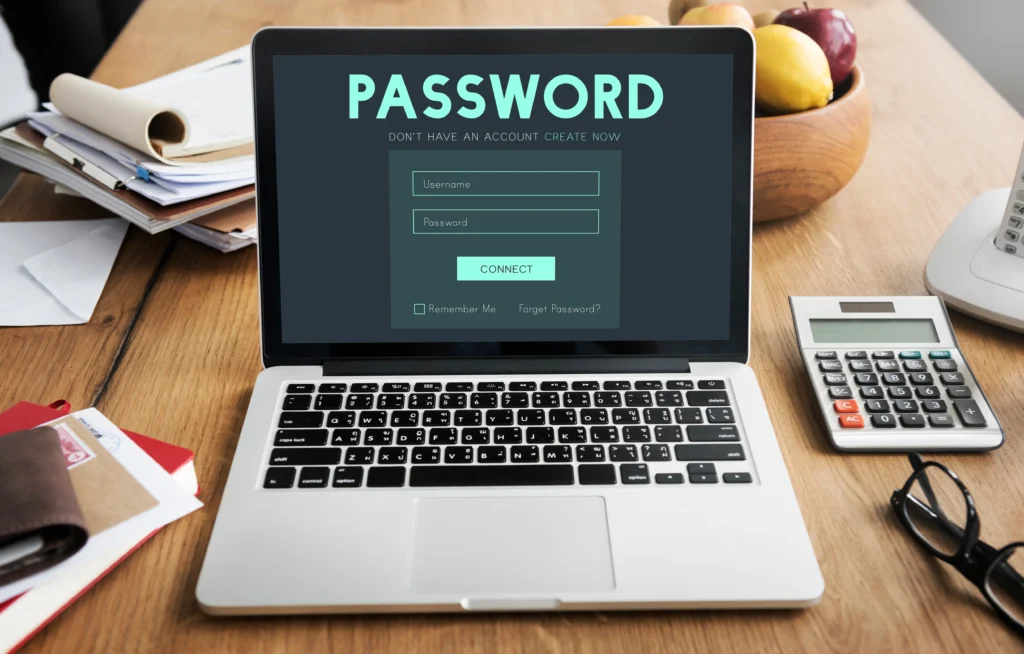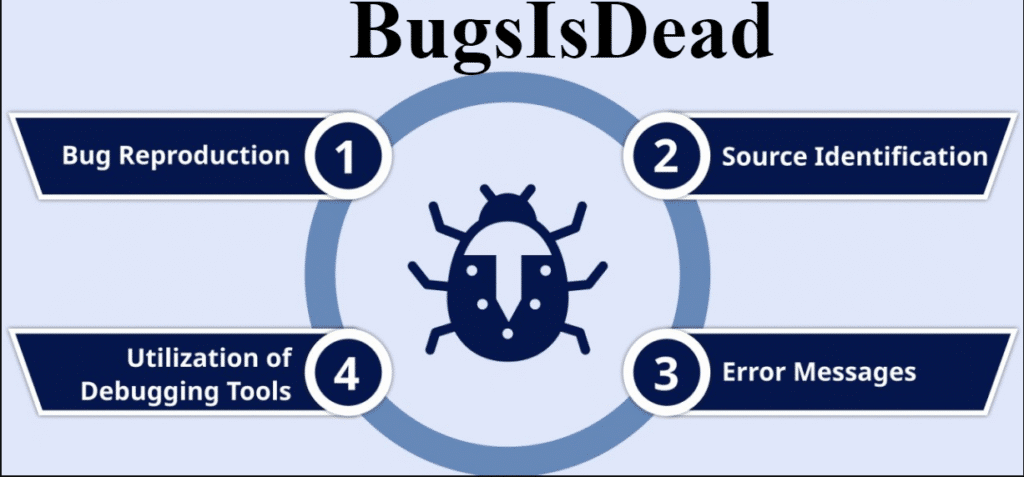The Basics of Home Security: What You Need to Know to Stay Safe

Introduction
Home security is an evergreen topic because, despite our best efforts, the risk of home invasions persists.
From the moment our ancestors constructed their first abodes, safeguarding those sanctuaries has been a paramount concern.
The chronicle of human habitation is replete with efforts to fortify one’s place of residence against intruders and threats.
Throughout history, whether through the rise of walled cities or the advent of locks and keys, the quest to ensure the security of one’s home has evolved.
Indeed, the importance of protecting the personal domain has been an enduring aspect of domestic life across centuries and civilizations.
Burglary statistics tell the whole story – home invasions are definitely not going away anytime soon.
For homeowners, this means a continuous evaluation and enhancement of home security measures is crucial.
Here, we delve into the fundamentals of safeguarding your home, many of which are often overlooked despite their significance.
Securing the Perimeter
It’s often said that the first line of defense is the most important. In terms of home security, this means ensuring the perimeter of your property is secured.
Start by checking fences, gates, and hedges for potential weak points. Motion-sensor lights can deter unwanted visitors, while security cameras act as both a deterrent and a means to record any suspicious activity.
Locks: The Foundation of Home Safety
Locking doors and windows is Home Security 101, yet it’s surprising how often this simple step is neglected.
Invest in high-quality locks and remember, sliding doors and windows can be particularly vulnerable, so consider additional locks or security bars.
Regularly check that all potential entry points are not just closed, but securely locked, especially at night or when the house is unoccupied.
Alarm Systems: A Crucial Investment
Alarm systems have become increasingly sophisticated and can range from basic loud alarms to complex networks that notify law enforcement.
Regardless of the complexity, an alarm system serves as a substantial deterrent to burglars.
Many modern systems can be monitored and controlled remotely, allowing homeowners to maintain security even when they’re away.
The Digital Domain: Cybersecurity at Home
In today’s connected world, home security extends to the digital realm. Securing your Wi-Fi network is crucial, as an unsecured network can provide an easy access point for cybercriminals.
Use strong, unique passwords for your Wi-Fi and all connected devices, and consider a VPN if you access sensitive information from home.
Visual Deterrents: Signage and Stickers
Sometimes, the illusion of security is just as powerful as the security itself.
Signs that announce the presence of an alarm system or membership in a neighborhood watch program can make a potential intruder think twice.
Security stickers on windows and visible alarm panels can have a similar effect.
The Human Element: Neighborhood Watch
Community can be one of the strongest assets in home security.
A neighborhood watch program encourages vigilance among residents and promotes communication, which can be incredibly effective in preventing crime.
By simply knowing your neighbors, you create a network of informal surveillance that is difficult for outsiders to bypass.
Canine Companions: The Guard Dog
The role of a dog in home security is twofold: they are both a companion and a deterrent.
The presence of a dog can be enough to make a burglar choose another target.
Moreover, dogs can alert you to disturbances with their keen hearing and bark.
Just remember, a dog should be a pet first and a security feature second.
Professional Security: When to Hire Guards
For some properties, especially large estates or those in high-risk areas, professional security guards can provide a level of protection that passive systems cannot match.
They can act quickly in the case of an emergency and provide a visible deterrent to potential intruders.
However, this option requires careful consideration of costs and the level of risk.
Landscaping with Security in Mind
Landscaping can play a surprising role in home security.
Thorny plants under windows can be a natural deterrent, while maintaining clear sightlines from the street can remove hiding spots for would-be burglars.
Trees and shrubs should be trimmed so as not to provide cover for anyone trying to break in.
Staying Informed and Prepared
Lastly, staying informed about local crime trends and being prepared is essential.
Consider joining local online groups or apps that share neighborhood security alerts. Have a plan for different scenarios, like what to do in case of a break-in when you are home versus when you are away.
Preparation can greatly increase your safety and peace of mind.
In Conclusion
The basics of home security start with simple steps like locking doors and windows, but they extend into a comprehensive approach that covers physical, digital, and community-based strategies.
Remember that each layer of security complements the others, creating a more formidable barrier against home invasions.
By addressing each aspect with due diligence, homeowners can create a sanctuary that is as safe as it is comfortable.

h5.onfilom.com: What It Is, Why It Appears, and How Users Should Treat It

nielsensurvey.con/survey – Real Nielsen Survey or Fake Link? Complete Safety Guide

Strong Password Guide: Create & Manage Safe Logins


